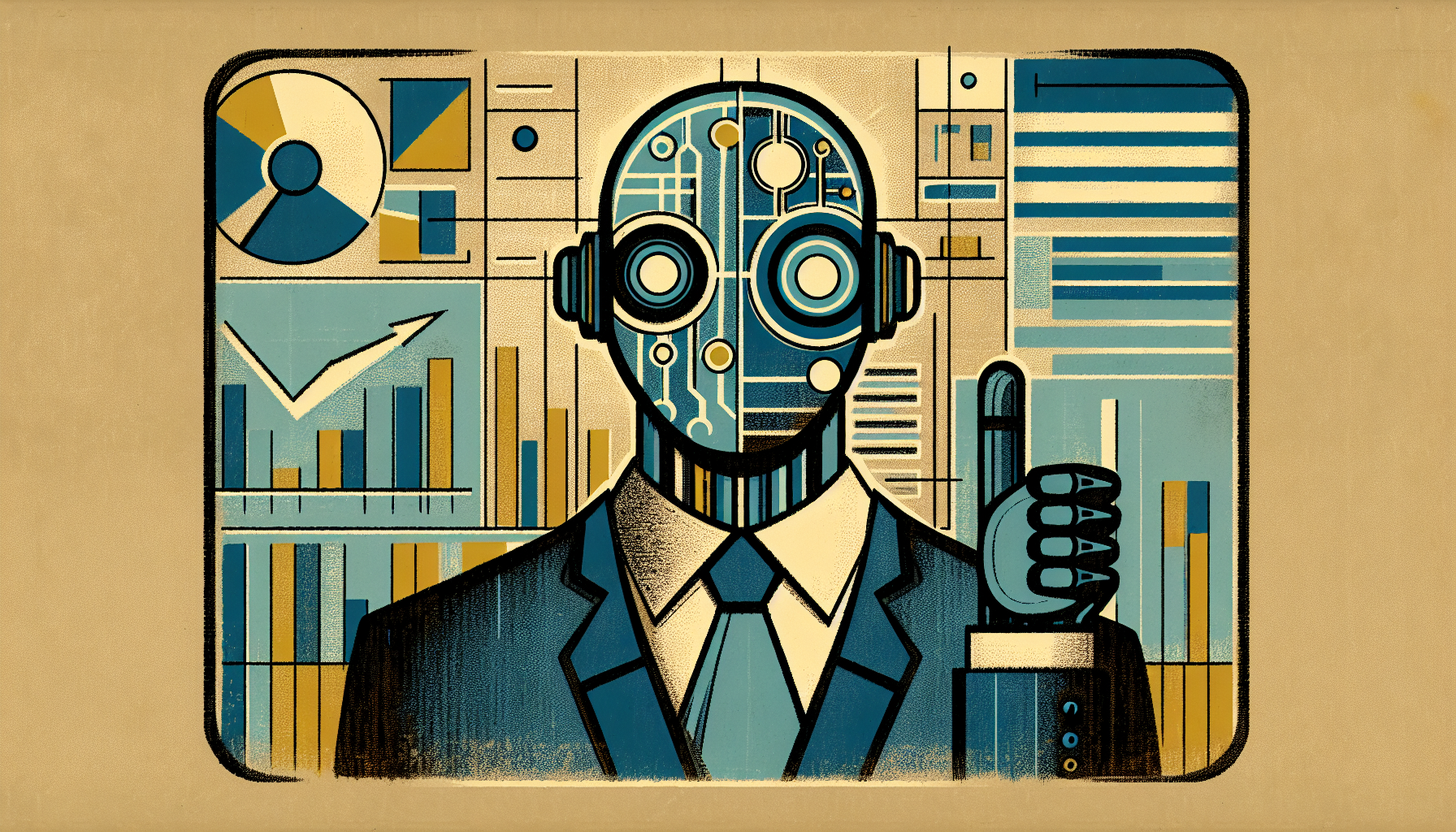The majority of the Big Four accountancy giants are creating a new audit system for artificial intelligence (AI) tools, aiming to tap into a new revenue stream for their divisions. According to the Financial Times, Deloitte, EY, and PwC are preparing to launch AI assurance services to capitalise on clients’ demand for proof that their AI systems are effective.
Government guidance on AI Assurance defines it as a product that helps provide the basis for consumers to trust the products they buy and for industries to invest in new products with confidence. Deloitte’s audit partner Richard Tedder told the Financial Times that AI assurance was “critical” to AI adoption, adding, “[Companies] will want assurance over the AI they use to manage other critical functions.” While PwC UK is set to launch its AI assurance “soon”, EY UK is “still quite a way away” from launching their model.
AI could contribute £200bn to the UK economy, presenting a golden opportunity for British businesses as the country races to pursue AI-led growth. It was reported that British SMEs could unlock up to £78bn for the economy over the next decade through greater adoption of generative AI.
The Mayor of London, Sadiq Khan, opened SXSW this week, framing the capital as a “creative hotbed” and “gateway to the world” for innovation. “We’re pushing hard to make London a global centre for AI investment and innovation,” he said. However, businesses face pressure to invest in AI products, as a study earlier this year reported that over half of businesses (58 per cent) using AI were motivated by pressure from competitors.
Half of UK financial firms lack an AI strategy, despite feeling ‘AI-ready’. A KPMG report found that despite the increasing use of AI, only 42 per cent of the UK public trust the new tech, and nearly three-quarters have had no formal training.



